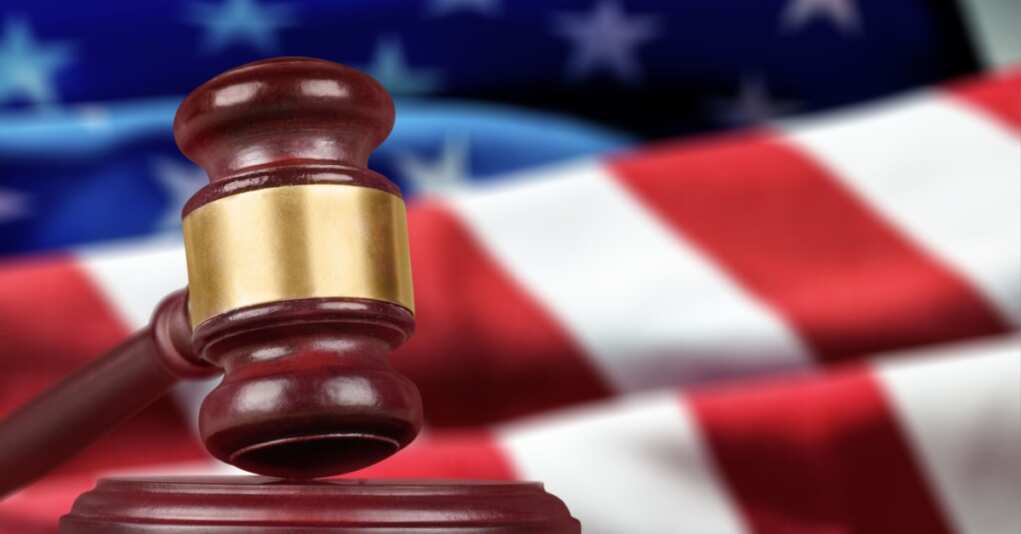Legal Showdown: Trump Faces Lawsuit from Exonerated Five Over Debate Claims

In an unexpected twist to the 2024 presidential election, the Exonerated Five, formerly known as the Central Park Five, have filed a defamation lawsuit against Donald Trump following comments he made during his recent debate with Kamala Harris. Trump’s reference to the infamous 1989 case, where five teenagers were wrongfully convicted of a brutal assault in New York’s Central Park, has reignited public discussion over the rights of the wrongfully accused and the responsibilities of those in power to speak truthfully.
The Exonerated Five argue that Trump’s remarks during the debate — suggesting they confessed to crimes they did not commit — amount to defamation, harming their reputations and reopening wounds of an already traumatic chapter in their lives.
In their complaint, they allege that Trump, who had previously taken out a full-page ad calling for their execution before they were exonerated by DNA evidence in 2002, is misusing his public platform to cast aspersions on their innocence. Trump, who has since responded to the suit, asserts that he was expressing his opinion based on public records from the 1989 case.
For Trump’s supporters, this lawsuit is seen as an attack on his right to free speech and opinion, especially concerning a decades-old case that was resolved before he took office. They argue that Trump’s comments were part of a broader debate about crime and justice in America — an issue he has long championed as central to his political platform. Yet, the plaintiffs maintain that his repeated references to their case without acknowledging their exoneration reflect a disturbing pattern of misinformation aimed at deflecting from his own political controversies.
This case highlights a significant issue in public discourse: the balance between free speech and accountability. While some see the lawsuit as a necessary step toward holding public figures accountable for their statements, others view it as a politicized move to tarnish Trump’s reputation. The lawsuit will test the boundaries of political speech in the U.S. and determine whether public figures can be held liable for their statements on contentious legal matters.

